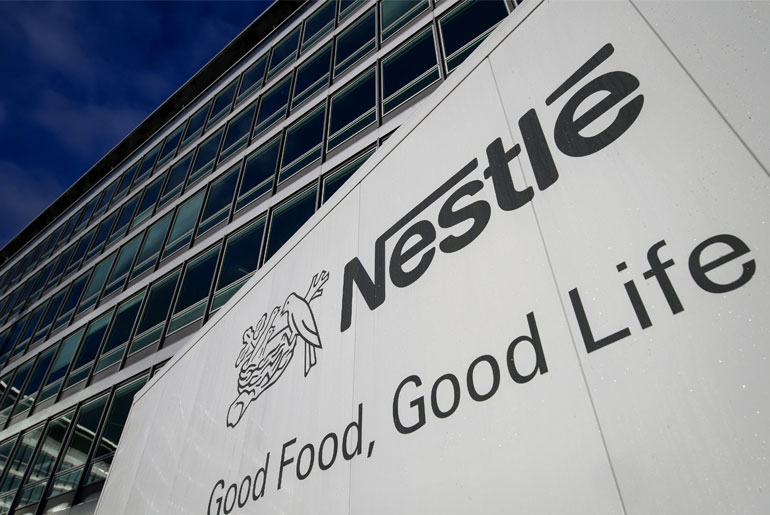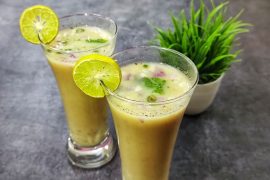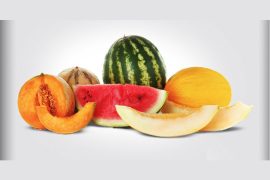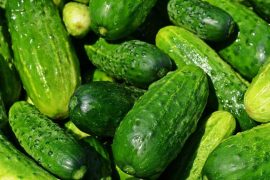According to an international media report, 60 per cent of Nestle’s mainstream food and drinks portfolio failed to meet a “recognised definition of health” and nutrition. Swiss FMCG giant Nestle is working on a company-wide project to update its nutrition and health strategy. As confirmed by Nestle’s spokesperson, the company is looking at its entire portfolio of products to ensure that it meets its nutritional needs and supports a balanced diet.
According to the Financial Times reports, the majority of Nestle’s ‘s mainstream food and drinks portfolio failed to meet recognised standards of health and nutrition. “The world’s largest food company, Nestle, has acknowledged that more than 60 percent of its mainstream food and drinks products do not meet a “recognised definition of healthy and that some of our categories and products will never be healthy no matter how much we renovate”, the Financial Times report said quoting a Nestle document.
According to the presentation circulated among top executives this year, which has been seen by the Financial Times, states that only 37 percent of Nestle’s food and beverages by revenues, excluding products such as pet food and specialised medical nutrition, achieve a rating above 3.5 under Australia’s health star rating system. The presentation also confirmed that “Within its overall food and drink portfolio, about 70 percent of Nestle’s food products failed to meet that threshold, along with 96 percent of beverages excluding pure coffee and 99 percent of Nestle’s confectionery and ice cream portfolio.”
While issuing a global statement by Nestle maker of KitKat, Maggi noodles and Nescafe said it is working on a company-wide project to update its nutrition and health strategy. “We are looking at our entire portfolio across the different phases of people’s lives to ensure our products are helping meet their nutritional needs and supporting a balanced diet. In recent years, we have launched thousands of products for kids and families that meet external nutrition yardsticks,” the company said.
“We have also distributed billions of micronutrient doses via our affordable and nutritious products. As we consider our future nutrition strategy, we are first focusing on assessing the part of our food and beverage portfolio that can be measured against external nutrition profiling systems”, the company further added.
As confirmed by Nestle, it believes that a healthy diet means finding a balance between well-being and enjoyment. “This includes having some space for indulgent foods, consumed in moderation. Our direction of travel has not changed and is clear: we will continue to make our portfolio tastier and healthier, ” it said.
Looking towards the Indian market, Nestle is one of the leading players into the packaged food category. It presently operates eight production units in India and had reported net sales of Rs 13,290.16 crore for 2020. Last year in the month of October, Nestle said that it will invest Rs 2,600 crore further into India over the next three to four years on expansion of the existing units and towards the construction of its new upcoming unit at Sanand, Gujarat. The Indian market was ranked at number 11 in terms of contribution to Nestle’s global revenue in 2020.
According to the Nestle India spokesperson, “Nestle India believes that nutrition is a fundamental need and the food industry has a vital role to play in enabling healthier lives. Driven by our purpose, we are constantly striving to increase the nutrient profile of our products, as well as innovate with new and nutritious offerings.”
With PTI Inputs
Disclaimer:
The information contained in this article is for educational and informational purposes only and is not intended as a health advice. We would ask you to consult a qualified professional or medical expert to gain additional knowledge before you choose to consume any product or perform any exercise.







